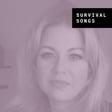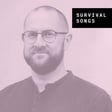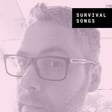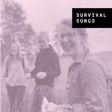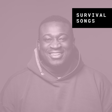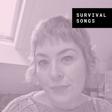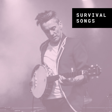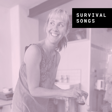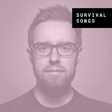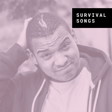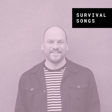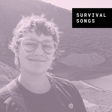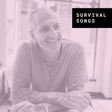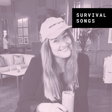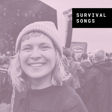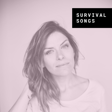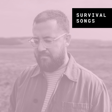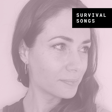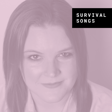
David Benjamin Blower: 'The End' by The Doors
David Benjamine Blower is a musician, poet, podcaster and writer. From the post-industrial melting pot of Birmingham, he has written and toured prolifically, gathering audiences 'round fires to find language for joyous life in a time of slow ruins. David has released more than 17 records, played festivals and lounges nationwide, and his third book, 'Messianic Commons', will be published in Autumn 2024. And when he’s not writing or making music, David’s favourite things are books, whisky, friends and his two children, Jesse and Rosa. 'Whatever you want to call David' says Outside Left Magazine, 'he remains one of the most singular and compelling music artists in Birmingham right now.'
Show Notes:
David Benjamine Blower:
https://open.spotify.com/artist/286u8X9g8zCa5OODERzaPX?si=GK6SD3uhQt-2ztJ8ycCOOg
Help us a grow a community of survival song listeners by joining us on over on Substack:
https://survivalsongs.substack.com/
'The End' by The Doors by can be found on our community playlist on Spotify along with our listener’s Survival Songs. Check it out and add your own!
This episode contains small portions of ’'The End' by The Doors. Survival Songs claims no copyright of this work. This is included as a form of music review and criticism and as a way to celebrate, promote and encourage the listener to seek out the artists work.
Find out more about The Doors here:
https://open.spotify.com/artist/22WZ7M8sxp5THdruNY3gXt?si=Eg-6VfsVRpaQH94fhQj2Bg
